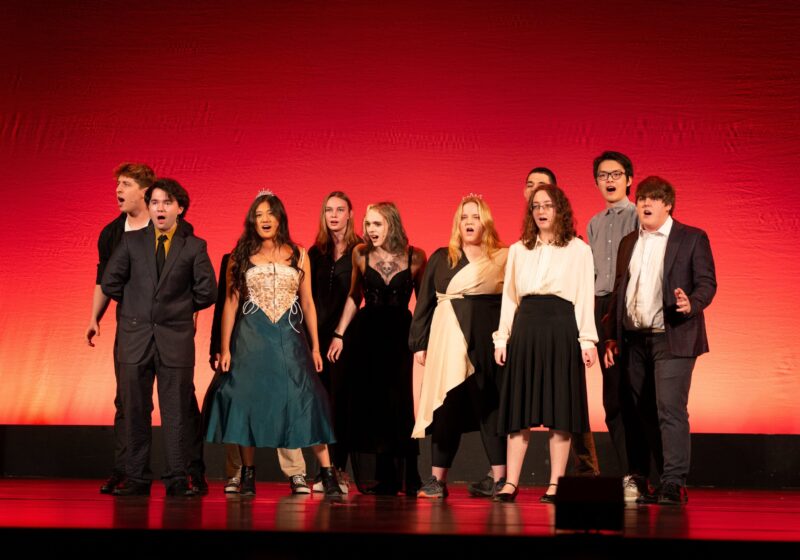What if a student asked a professor what brand they are wearing, or if a student completed an exam and was bombarded with questions on their love life. These instances seem inappropriate, rude and out of place, because they are.
Two weeks ago, an unknown video appeared on my Twitter feed. At first, I was humored and a bit baffled by what I saw. Well-known athletes, including Sidney Crosby and Michael Phelps, were being asked cringe-worthy questions.
For example, for Phelps: “Removing your body hair gives you an edge in the pool, but how about your love life?” The video continued expressing comments and questions made about an athlete’s appearance rather than their performance or skill set.
A commentator uttered that English soccer great Wayne Rooney was “not a looker.” The footage seen was created by adapting quotes from different interviews and sporting events to footage of male athletes.
However, questions like these are not always fictionally generated.
“She has a look that the international judges love.” If I didn’t know any better, it would be fair to assume that this quote was about a Miss America beauty pageant or a standard poodle at the Westminster Dog Show, but is, in fact, about a competing female athlete. What’s my point?
Well, those clips from male athletes appeared preposterous because we rarely ever see male athletes get asked questions pertaining to things other than sports. When the clip hit the one-minute mark, it simply asked all of its viewers, “How come female coverage sounds like this?”
Jessica Schnurr and Hannah Smit, two marketing consultants of the Toronto based advertising agency John St., are urging the world to put an end to sexist broadcast journalism and to participate in the #covertheathlete movement. They conceived #covertheathlete with the intention to create real cultural change. After viewing the clip, I immediately headed to the website for the project, where they urge anyone and everyone to reach out to local and major networks, urging them to stop asking women about their sex appeal and personal lives, but instead inquire about their performance and the job that they just completed.
Similar to the #askhermore campaign, which encourages red carpet commentators to ask about the women on the carpet rather than their fashions and looks, this is a call for substantive broadcast journalism and coverage.
The difference between the two campaigns is that these athletes aren’t on a red carpet designed for glamour. But apparently, this fact doesn’t matter as time and time again we hear networks ask women’s tennis players to “twirl” rather than discuss their strategy on the court.
It is paramount to stress our need for substantive inquiries. Is there more of a story being told behind what an athlete is wearing rather than if they are making history? Can we not ask appropriate questions anymore?
So, if it’s not socially acceptable for me to ask a professor about their outfit, why is it not even questioned when sports broadcasters ask the same of athletes? Join Schnurr, Smit and me as we urge networks to #covertheathlete rather than their image.
Powell is a member of the class of 2018.





